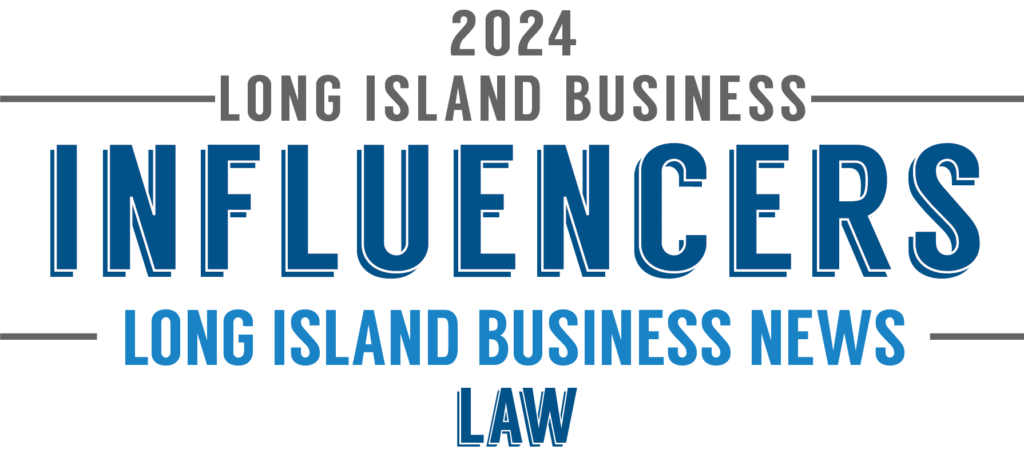NEW YORK GOVERNOR ANDREW CUOMO SIGNS THE SAFE ACT INTO LAW
On January 16, 2013, Governor Andrew Cuomo signed into law the “Secure Ammunition and Firearms Enforcement Act of 2013.” This law is described by the Governor as strengthening the ban on assault weapons, regulations on ammunition and universal background checks. Additionally, and with significant impact on the Mental Health field, this law enacts a “Mental Health Alert” system and significantly modifies the Assisted Outpatient Treatment Law (also known as Kendra’s Law).
MENTAL HEALTH ALERT SYSTEM
The “Mental Health Alert” system is codified in a newly created subdivision of the Mental Hygiene Law – §9.46. This law requires physicians, psychologists, licensed clinical social workers and registered nurses, who in the course of treatment, conclude, in “the exercise of reasonable professional judgment…” that a patient “is likely to engage in conduct that would result in serious harm to self or others . . .” to make a report of this finding to the Director of Community Services, “as soon as practicable.” Then, the Director of Community Services must decide whether the Director “agrees that the person is likely to engage in such conduct.” If the Director of Community Service agrees with the treating professional, the Director will then communicate this determination to the NYS Division of Criminal Justice Services and transmit only, “names and other non-clinical identifying information” of the subject of the report, which then can only be used to determine the status of a license to carry a firearm.
The statute provides that notification is not required when the treating professional concludes, “in the exercise of reasonable professional judgment,” that notification would endanger the mental health professional or “increase the danger to a potential victim or victims.”
Immunity provision: The statute also provides that the decision to disclose or not to disclose as required by the statute, “when made reasonably and in good faith, shall not be the basis for any civil or criminal liability” of the treating professional, physician, psychologist, licensed clinical social worker or registered nurse.
The Mental Health Alert statute takes effect sixty (60) days from January 15, 2013.
IMPACT ON KENDRA’s LAW
The SAFE act impacts the Assisted Outpatient Treatment Law (AOT), also known as “Kendra’s Law”, in several significant ways, as follows:
- The SAFE act extends the expiration of the AOT statute to 2017.
- An initial court order requiring an individual to participate in Assisted Outpatient Treatment will be extended from six months to one year.
- The AOT program is required to assess a mentally ill prison inmate prior to his/her release from prison for participation in the AOT program.
- An AOT Order will now follow the mentally ill subject as they may travel from one county to another.
What are your rights and responsibilities?
Our law firm is working diligently with government officials, public and private providers as well as the mental health community at large to determine the impact of the SAFE Act. If you have any concerns regarding privacy rights, the law’s impact on therapeutic activities, confidentiality, regulations as to how to notify the Director of Community Services or the Assisted Outpatient Program please contact us for further guidance and information.
Signed: Carolyn Reinach Wolf, Esq. or Douglas Stern, Esq.





